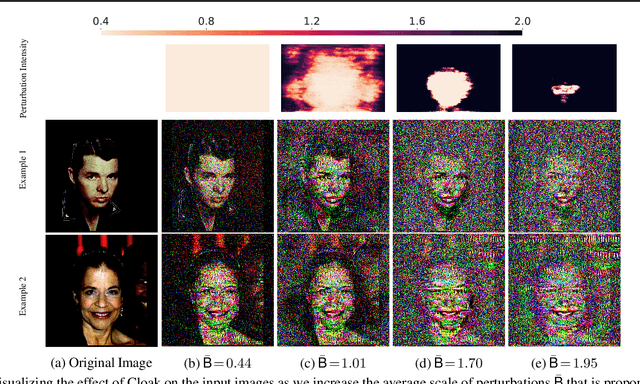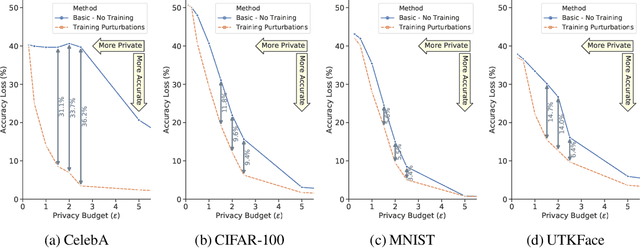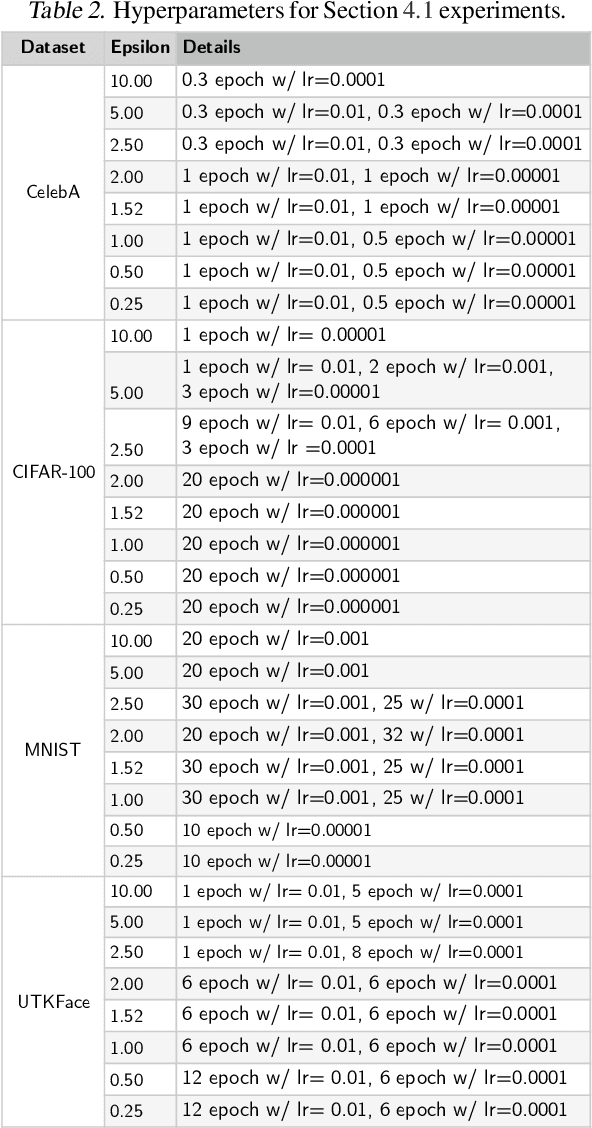A Principled Approach to Learning Stochastic Representations for Privacy in Deep Neural Inference
Paper and Code
Mar 26, 2020



INFerence-as-a-Service (INFaaS) in the cloud has enabled the prevalent use of Deep Neural Networks (DNNs) in home automation, targeted advertising, machine vision, etc. The cloud receives the inference request as a raw input, containing a rich set of private information, that can be misused or leaked, possibly inadvertently. This prevalent setting can compromise the privacy of users during the inference phase. This paper sets out to provide a principled approach, dubbed Cloak, that finds optimal stochastic perturbations to obfuscate the private data before it is sent to the cloud. To this end, Cloak reduces the information content of the transmitted data while conserving the essential pieces that enable the request to be serviced accurately. The key idea is formulating the discovery of this stochasticity as an offline gradient-based optimization problem that reformulates a pre-trained DNN (with optimized known weights) as an analytical function of the stochastic perturbations. Using Laplace distribution as a parametric model for the stochastic perturbations, Cloak learns the optimal parameters using gradient descent and Monte Carlo sampling. This set of optimized Laplace distributions further guarantee that the injected stochasticity satisfies the -differential privacy criterion. Experimental evaluations with real-world datasets show that, on average, the injected stochasticity can reduce the information content in the input data by 80.07%, while incurring 7.12% accuracy loss.
 Add to Chrome
Add to Chrome Add to Firefox
Add to Firefox Add to Edge
Add to Edge